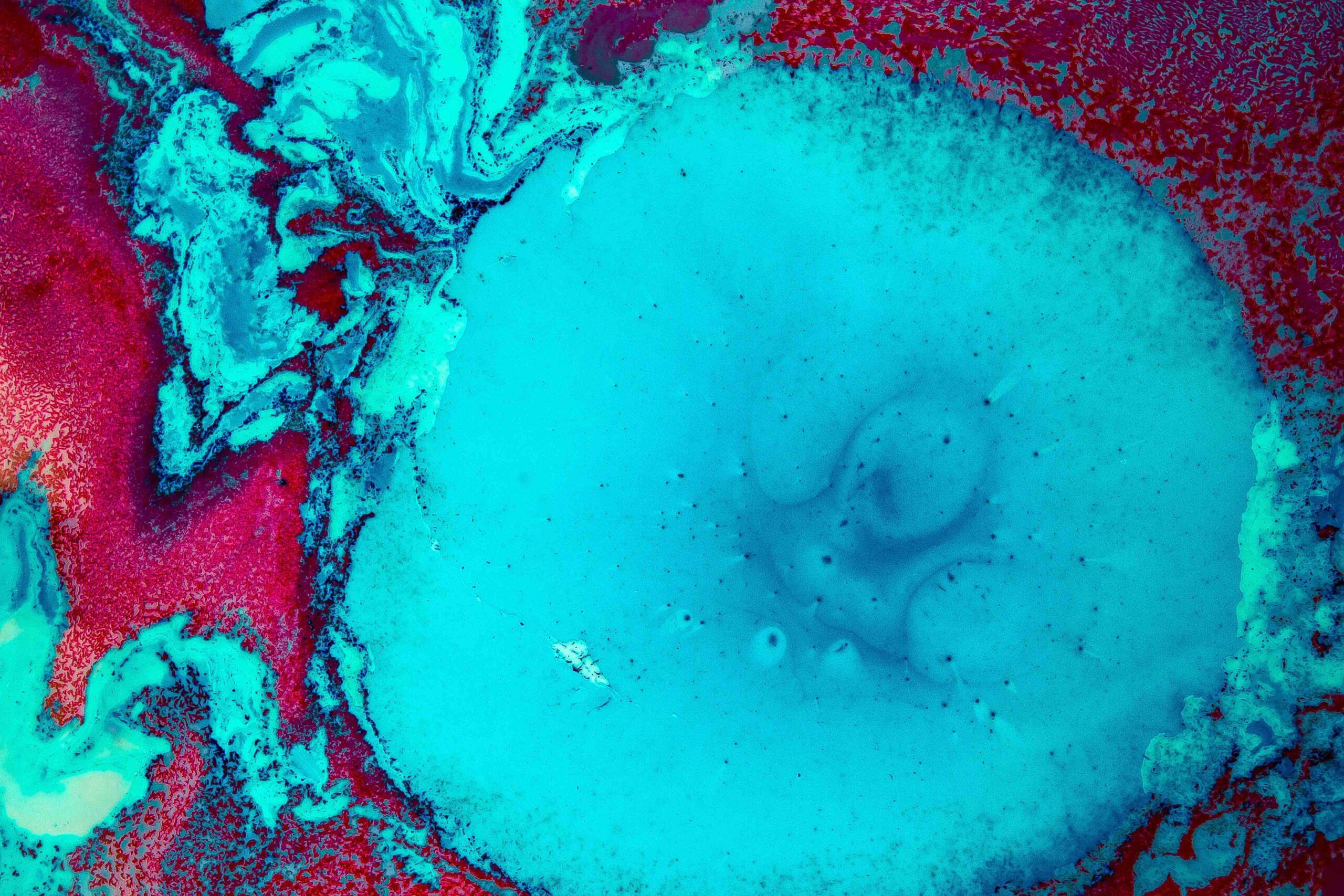Science experiments are the perfect way to spark your child’s curiosity while growing their knowledge. The hands-on element of science allows your child to learn about life, while asking questions and seeking answers assists in their development.
Why Teach Young Children Science
There are plenty of benefits to science for children of all ages and getting started early can help your child develop problem solving skills that will help them for life.
– Time and Space to Explore – science allows children to try new things, think outside the box and experience problems that need to be solved. Prompting a child with questions, rather than just jumping in and helping them, is a great way to give your child the time and space to sort out any issues.
– Questions and Answers – if your child is a “why” child, science gives you the benefit of finding answers to their questions together. You can explore their questions and try different methods until you come up with a solution to their question.
– Making Mistakes without Fear – science gives your child the freedom to make mistakes without the fear of feeling like they have failed. In fact, science is all about making mistakes until you find the right solution! With opportunities to explore different methods of achieving a goal, science is the perfect way to promote problem solving as well as how to correct mistakes.
Don’t stress if your child (and probably you in the process) get messy – that’s bound to happen when you are out looking for insects, investigating plants or making science based sensory bottles.
Fun Experiments for Preschool Age
Creating a rainbow wizard’s brew is great fun for young children and gets started on the learning of chemical reactions. You don’t need a lot for this one and if doing it at home, you are likely to already have the ingredients!
* Baking Soda
* Food colouring
* Glitter
* Dishwashing Liquid
* Vinegar
* Jars
* Small plastic containers
* Tray
Instructions
Fill the jar halfway with vinegar, then add a few drops of one colour of food colouring and some glitter. Squeeze in some dishwashing liquid, stir, and place the jar on a tray. Now have your child add in a heaping teaspoon of baking soda, stir again, and watch the foaming begin! The soap makes it foam rather than fizz. To keep the reaction going continue adding baking soda and vinegar when the foam starts to slow. To make it change colours, add a tablespoon of vinegar mixed with one colour of colouring every so often. Make sure to dump the coloured vinegar into the centre of the brew.
Fun Experiments for 5 – 8 Year Old’s
There is nothing that 5 – 8 year old’s love more than making a mess, and the thought of an egg cracking on the floor makes this experiment even more exciting. Creating a bouncy egg takes a couple of days but it is a quick experiment that you can do at home before dinner.
You’ll need:
* ½ cup white vinegar
* 1 x egg
* 1 x glass
Simply pour the vinegar into the glass and pop the egg in. Leave it for 2- 3 days and let your children keep an eye on it to see the egg changing. After this period take the egg out of the glass. Your children will notice that the shell has dissolved, and the egg can be bounced from a low height. This is one for outside, because if they decided to bounce it from too high, that egg is going to go splat!
Fun Experiments for 8 – 10 Year Old’s
This experiment demonstrates Newton’s Third Law – “for every action there is an equal and opposite reaction” and the bottle rocket is a fun way for older children to learn about motion and how things move.
You will need:
* an empty plastic bottle, like a fizzy drink bottle
* cardboard made into a cone and fins (we are creating a rocket after all)
* a cord
* a pump with a needle adaptor (like a bike pump)
* water
Push the needle adaptor of the pump through the cork. It needs to go all the way through so you may need to trim the cork back a bit. Let your children decorate the bottle with the cone and fins, and then fill the bottle a quarter full of water and pop the cork in tightly.
This is an experiment you need to do outdoors with a bit of space, so take the bottle outside and connect the pump to the needle adaptor in the cork. Sit the bottle on a box and start pumping air into the bottle. Make sure everyone is standing back. Once there is enough air in the bottle, your rocket will lift off. Once you have started pumping air into the bottle, make sure everyone stays back – the bottle can lift off at any time and it does so with a bit of force.
Science complements the natural curiosity of children and helps them develop knowledge of the world around them. Undertaking some basic science experiments at home is not only fun but educational. Here at Treasured Tots we include basic science experiments in our learning outcomes as the benefits that science brings to children’s development are enormous. If you’d like some more ideas on what type of experiments you can do at home, make sure you have a chat with us.




